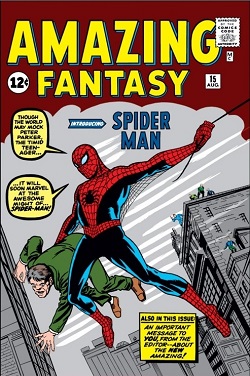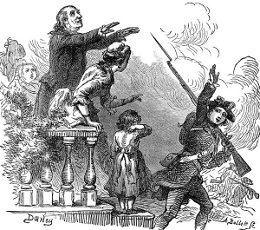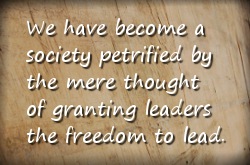Our Children Are Watching Our Stay-at-Home Response
Body
“…if we rail against the government, communicate that we think these rules are stupid, thumb our nose at their spoken desire to protect us, and refuse to heed their orders or guidelines, then we are telling our children that we only listen to authorities whenever we agree. If we do this, we’re setting a horrible example.” - Mike Leake

 The story has almost attained myth status in our culture. Brainy, often-bullied, tragically-parentless adolescent has accidental encounter with dangerously powerful lab experiment. Bitten by an unnaturally fortified spider, he soon begins to develop spider-like qualities himself. He discovers that he has faster-than-human reflexes, can climb walls, and can do amazing things with webs. (Fortunately for him, compound eyes, extra limbs, and complicated new mouth parts are not part of the package.)
The story has almost attained myth status in our culture. Brainy, often-bullied, tragically-parentless adolescent has accidental encounter with dangerously powerful lab experiment. Bitten by an unnaturally fortified spider, he soon begins to develop spider-like qualities himself. He discovers that he has faster-than-human reflexes, can climb walls, and can do amazing things with webs. (Fortunately for him, compound eyes, extra limbs, and complicated new mouth parts are not part of the package.) First appeared at SI in July of 2011.
First appeared at SI in July of 2011.
 Originally written in 2010 for a local newspaper in Savage, MN.
Originally written in 2010 for a local newspaper in Savage, MN.
Discussion